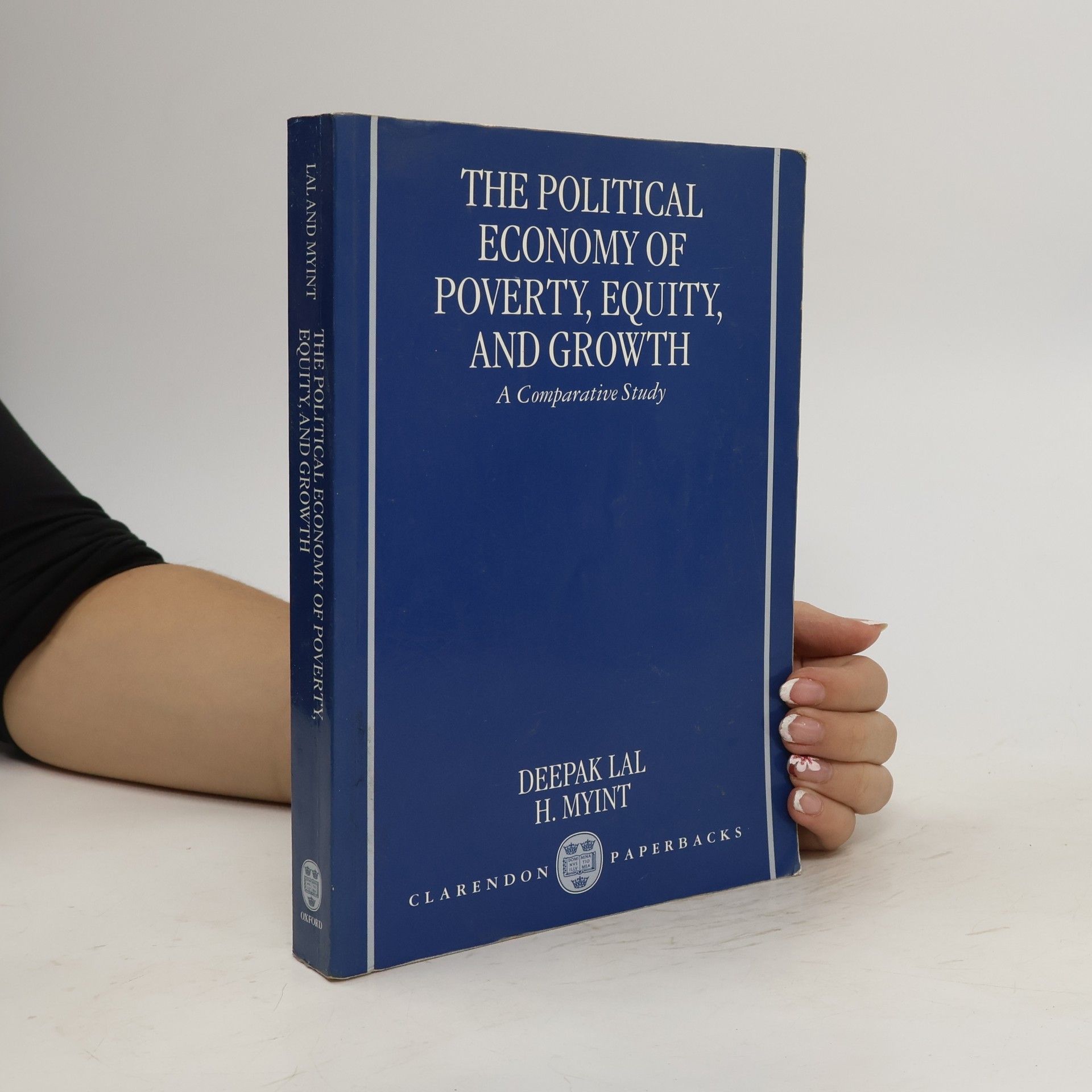Reviving the invisible Hand
The case for classical liberalism in the twenty-first century
- 320pages
- 12 heures de lecture
"Lal bases his case on a historical account of the rise of capitalism and globalization in the first two liberal international economic orders: the nineteenth-century British, and the post-World War II American."--Jacket.



